Coronavirus FAQ: How Do I Protect Myself From The U.K. Variant?

Enlarge this image
London sends a message about how to reduce the risk of exposure to the newly detected U.K. variant.
Tolga Akmen/AFP via Getty Images
hide caption
toggle caption
Tolga Akmen/AFP via Getty Images
Goats and Soda
Do Masks On Plane Flights Really Cut Your Risk Of Catching COVID-19?
So, here’s a refresher on precautions to follow to a T (or beyond):
- Physically distance. The Centers for Disease Control and Prevention recommends 6 feet — and further apart is always better, Gaunt adds. Socializing outside is not guaranteed to be risk-free, of course, «but it’s a lot safer than indoors, she says.
- Mask up. Universal masking should be the norm indoors (except when you’re at home with your household members, of course). If you’re less than 6 feet apart outside, keep your mask on, experts say. If you’re not sure? Err on the side of wearing it. And consider going a step further than you have before. Add another layer to the mask. Insert a filter. Get one that fits better. If people are breathing out more virus, why not ensure that your mask stops more of it from getting to your nose?
- Wash hands. You know the drill: wet, lather, scrub for 20 seconds, rinse, dry.
- Avoid crowds, indoors or out.
- Avoid other people indoors as much as possible. Prior to the new strain, Adam Squires, an associate professor of biochemistry at the University of Bath, U.K., recommended taking three of the following four measures before any encounter in an indoor situation: opening windows; masking up; keeping it less than 20 minutes; staying at least 6 feet apart. Now he suggests taking all four measures … or, better yet, don’t meet indoors at all. And if you can order your groceries online, do it, Gaunt says.
One new addition, Dr. Kulkarni adds: When it’s your turn, get your vaccine as soon as you can.
«It’s important to really follow through and be as much of a stickler as you can for the recommendations, Kulkarni says. «And if we learn more and more recommendations come out, keep an open mind we may need to do something inherently different.
There is an upside. If we are actually able to adhere to strict protocols, we’d be rewarded with more than personal protection, Squires says. A virus mutates when its RNA is incorrectly copied in a host. So when there is less virus circulating, there is less opportunity for those mistakes — making it less likely to further mutate.
Sheila Mulrooney Eldred is a freelance health journalist in Minneapolis. She’s written about COVID-19 for Medscape, Mpls.St.Paul Magazine, Science News for Students and The Washington Post. More at sheilaeldred.pressfolios.com. On Twitter: @milepostmedia
- physical distancing
- U.K. variant
- transmission
- COVID-19
- masks
- pandemic
- coronavirus
Обсудим?
Смотрите также:


